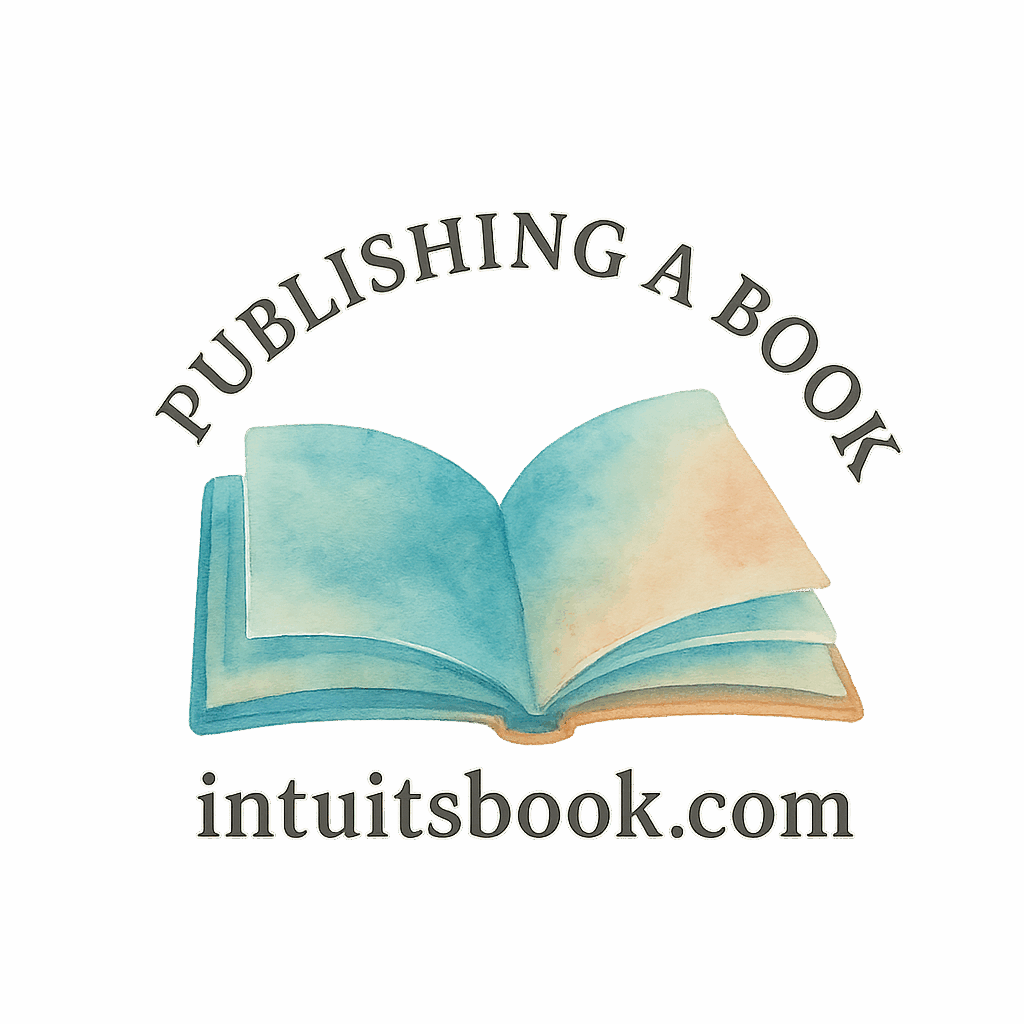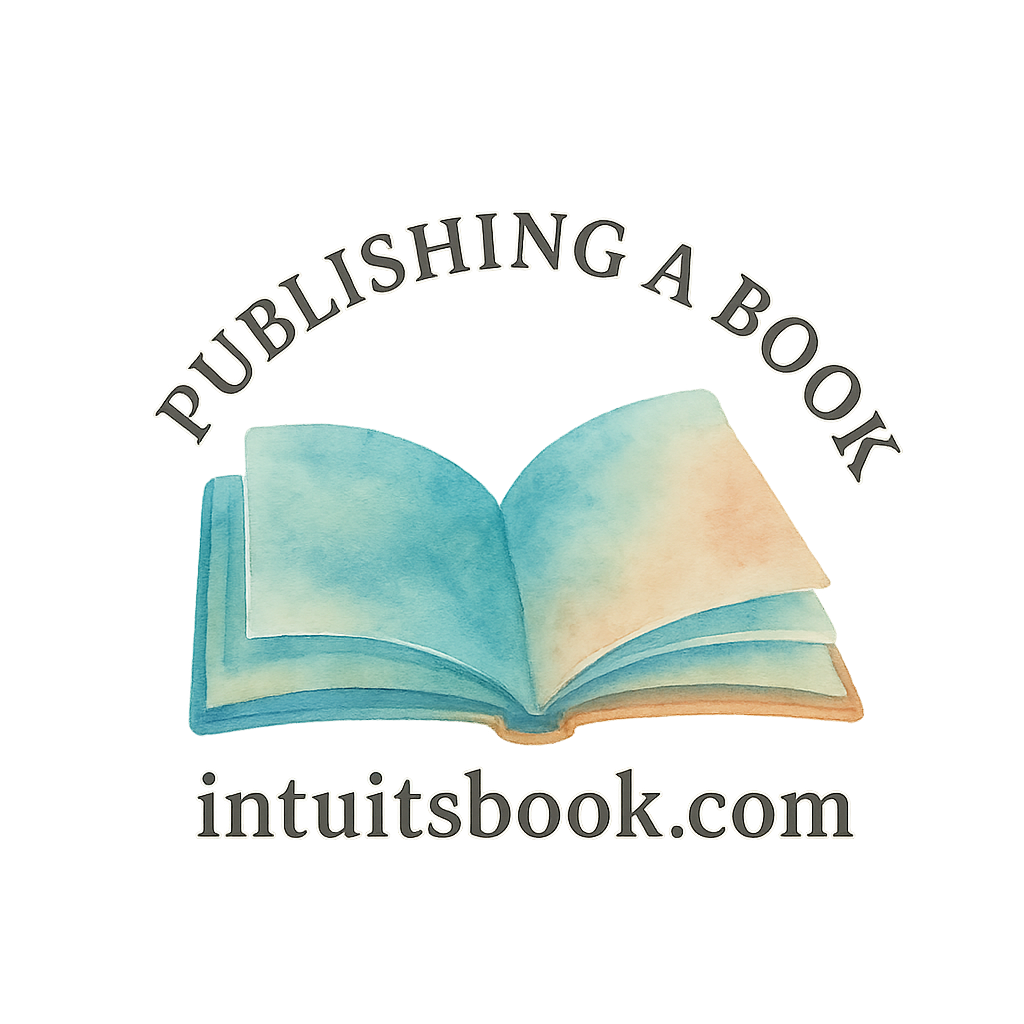Introduction: Why Software Matters in Self-Publishing
So, you’ve got a killer book idea—but what’s next? You might be wondering whether to grab a notebook, fire up Microsoft Word, or dive into something more professional. That’s where self-publishing book software comes in. In today’s digital age, using the right tools can make the difference between a manuscript that gathers dust and a published book that shines on Amazon Kindle, Barnes & Noble, or even your own website.
If you’re exploring self-publishing, choosing the right software is just as important as the story you’re telling.
What is Self-Publishing Software?
Self-publishing software refers to digital tools that help authors write, edit, format, design, and publish books without relying on traditional publishing houses.
The Role of Software in the Writing Process
Writing a book isn’t just about words—it’s about structure. Tools like Scrivener or Reedsy Book Editor help writers keep chapters organized, track character arcs, and stay motivated.
From Manuscript to Publishing: A Digital Journey
Once your manuscript is complete, software helps transform it into a professional-looking book ready for self-publishing. Formatting, design, and export options ensure your story reaches readers across multiple platforms.
Benefits of Using Self-Publishing Book Software
Saves Time and Boosts Productivity
Instead of juggling multiple tools, software streamlines the writing process. You can draft, edit, and format in one space.
Professional Formatting Made Simple
Forget messy layouts—modern self-publishing tools come with templates that look like they came straight from traditional publishing.
Cost-Effective Compared to Traditional Publishing
Why spend thousands on professional typesetting when software can help? Plus, with options like independent author tools, you stay in control of your royalties.
Key Features to Look for in Self-Publishing Software
Editing and Formatting Tools
You’ll want spell check, grammar help, and formatting shortcuts that make your manuscript look professional.
Design and Layout Options
Book covers sell books. Tools with design features or easy author tools save you from hiring expensive designers.
Export and Distribution Compatibility
Your software should support EPUB, MOBI, and PDF so you can publish on Amazon, Apple Books, or Kobo.
Marketing and Promotion Integration
Some platforms even integrate with book marketing tools, helping you promote your book right after launch.

8 Self-Publishing Book Software Options Compared
1. Scrivener
Best for: Organizing Complex Book Drafts
Scrivener is a powerhouse when it comes to managing book drafts. Its “corkboard” feature lets you rearrange chapters like sticky notes.
2. Atticus
Best for: Easy Formatting Across Platforms
Atticus is a newer tool that combines writing and formatting in one sleek package. Perfect for authors who want professional results without hiring a formatter.
3. Reedsy Book Editor
Best for: Free and User-Friendly Editing
Completely free, Reedsy lets you draft, edit, and export professional-quality books. It’s an excellent choice for new authors.
4. Vellum
Best for: Beautiful eBook Formatting (Mac Only)
Vellum is the gold standard for creating stunning eBooks—but it’s only available for Mac users. If design is your priority, this is your tool.
5. Adobe InDesign
Best for: Professional Layout and Design
InDesign is the industry giant in design, making it ideal for authors who want total creative control. But beware—it has a steep learning curve.
6. Microsoft Word
Best for: Beginners Writing Their First Book
Most writers start here, and for good reason. Word is straightforward and integrates well with editing tools. However, formatting can get messy.
7. Google Docs
Best for: Collaboration and Cloud-Based Writing
If you’re co-writing or want easy sharing with editors, Google Docs is unbeatable. Real-time collaboration makes it a favorite for many authors.
8. Calibre
Best for: eBook Conversion and File Management
Calibre isn’t a writing tool, but it’s excellent for converting files into different eBook formats and managing your digital library.
How to Choose the Right Software for Your Book
Match Software to Your Writing Style
If you’re visual, try Scrivener. If you’re minimalist, Google Docs may suit you better.
Consider Your Publishing Goals
Are you aiming for print, eBooks, or both? Some software focuses on digital-only, while others support all formats.
Budget and Learning Curve
Free tools like Reedsy are perfect for beginners, while pros may prefer premium tools like InDesign.
Self-Publishing vs. Traditional Publishing: Which Works Best?
Traditional publishing gives you prestige, but self-publishing gives you freedom. With tools like Vellum and Atticus, publishing hacks are more accessible than ever.
Common Mistakes Authors Make with Book Software
- Overcomplicating formatting
- Ignoring file compatibility
- Not backing up work (hello, lost chapters!)
- Forgetting book promotion after publishing
Expert Tips for New Authors
- Start simple with Reedsy or Word.
- Learn the basics of formatting before diving into complex tools.
- Take advantage of free publishing courses.
Conclusion: The Future of Self-Publishing Tools
The landscape of book publishing has changed forever. With the right software, you don’t need a big-name publisher—you just need determination and the right digital toolbox. Whether you’re drafting your first novel or polishing your tenth, tools like Scrivener, Atticus, and Reedsy make the process smoother.
If you’re serious about becoming an author, check out resources on author career development, learning to publish, and query tips.
Your book deserves to be read. The right software will get it there.
FAQs
1. What is the easiest self-publishing book software for beginners?
Reedsy Book Editor and Microsoft Word are the most beginner-friendly.
2. Can I self-publish a book for free?
Yes, with tools like Reedsy and Google Docs, you can publish without upfront costs.
3. Do I need formatting software for self-publishing?
Absolutely. Proper formatting ensures your book looks professional across platforms.
4. Which software is best for eBook publishing?
Vellum and Atticus are popular choices for eBook formatting.
5. Is traditional publishing better than self-publishing?
It depends on your goals. Self-publishing gives you control, while traditional publishing offers more prestige.
6. Can I market my book with software tools?
Yes! Some tools integrate with free marketing and promotion features.
7. Where can I learn more about becoming an author?
Check out resources on author education and writing tips to grow your career.


